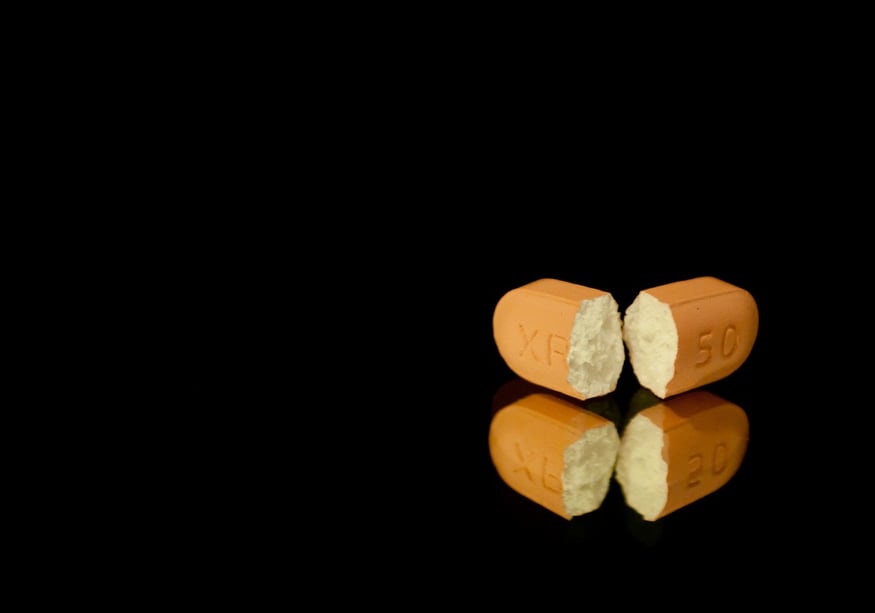
(Photo by Derek Gavey, CC BY 2.0)
There is a lot of buzz about the “opioid epidemic” our nation is currently facing, but haven’t opioids always been popular? According to the Centers for Disease Control and Prevention (CDC), the number of deaths due to opioid overdoses has more than doubled since the year 2000 1. In fact, in 2014 alone, 61% of overdose-related deaths were due to an opioid.
But should opioids be our only concern? Studies also show that benzodiazepine (BZD) prescribing has risen 67 % in the last 20 years, and deaths from BZDs have more than quadrupled 1. Besides opioids and benzodiazepines, the U.S. Drug Enforcement Administration (DEA) also recognizes other classes of drugs that are frequently abused or diverted including anabolic steroids, depressants, hallucinogens and stimulants 2. Since these medications are widely used throughout the healthcare system, especially in hospice pharmacy, the risk of diversion is amplified and methods to combat abuse are increasingly important.
The ASHP Guidelines on Preventing Diversion of Controlled Substances estimates that 10–15% of healthcare workers misuse drugs at some point in their careers 3. Because drugs are easier to access for these individuals compared to the general population, it is essential that all healthcare workers are educated on the signs of diversion and how to report suspicious activity.
Diversion can occur at any point in the medication distribution process: procurement, preparation and dispensing, prescribing, administration or waste and removal. Unauthorized individuals may steal DEA 222 Forms; prepared syringe contents may be replaced with saline solution; verbal orders for controlled substances may be created falsely; medication may be documented as given but not actually administered; or expired drugs may be diverted from the holding area. These are all common situations to look out for while participating in medication distribution3.
Suspicious activity should always be reported. Local law enforcement agencies should be contacted as well as the U.S. Department of Health and Human Services Office of Inspector General (HHS-OIG). HHS-OIG can be contacted by calling 1-800-HHS-TIPS or by visiting their website 3. In addition, if the stolen or misused drug is a controlled substance, the DEA should be notified by completing the report for theft or loss of controlled substances.
As healthcare professionals, it is our duty and obligation to uphold the highest standards of medical care by helping to prevent the diversion of controlled substances. Please join OnePoint Patient Care and take a stand against drug abuse to create a safer and healthier nation.
Written by Rachel Gean, PharmD Candidate, University of Iowa College of Pharmacy 2017
References
